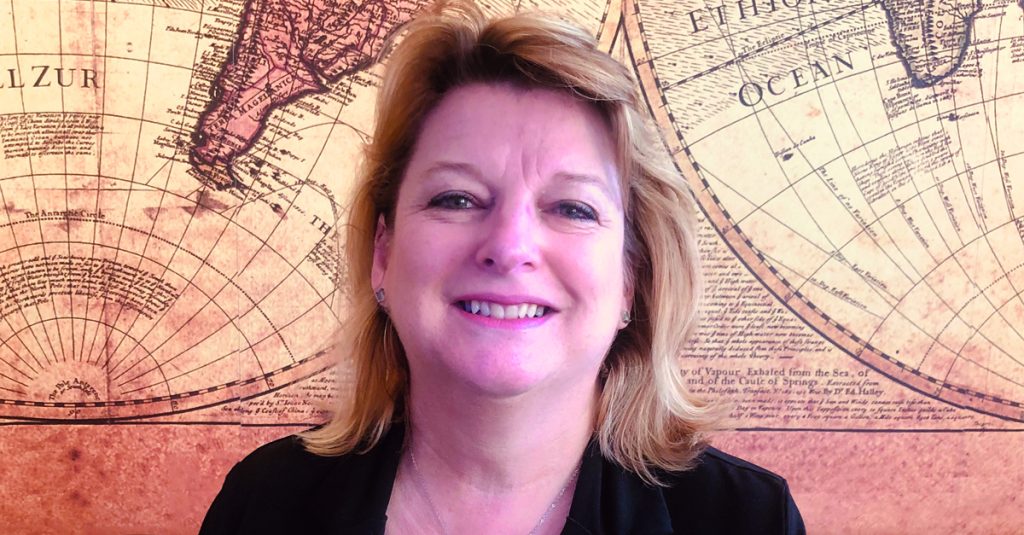Assisting disabled travellers requires proactive and thoughtful planning. It’s not just those with visible disabilities who need support.
Many disabilities are not immediately apparent, making it essential to offer reliable assistance services to all clients.
When considering accessible travel, it’s common to focus on visible disabilities, like those requiring a wheelchair. However, a significant proportion of disabilities are invisible, making proactive assistance crucial.
Challenges arise when disabilities are not clearly communicated. Clients may not always be aware of the available support. As travel professionals, it is imperative to identify potential needs and gently offer relevant assistance services.
Both families expressed their immense gratitude, proving that a little extra effort can significantly improve the travel experience.
Letting clients know about these complimentary services can make their journey significantly less stressful and more enjoyable.
Furthermore, an inclusive approach aligns with broader social responsibility goals, contributing to a positive reputation.
Staff training should include learning about various types of disabilities, how to communicate effectively with clients, and the specific services that can be offered to assist them.
Encouraging feedback from clients regarding the support they received is invaluable. It helps in improving the services and understanding the unique needs of different travellers.
Implementing proactive and thoughtful travel assistance for disabled travellers can vastly improve their travel experience.
By enhancing service offerings, travel professionals can create a more inclusive environment, ensuring all clients enjoy their journeys.

